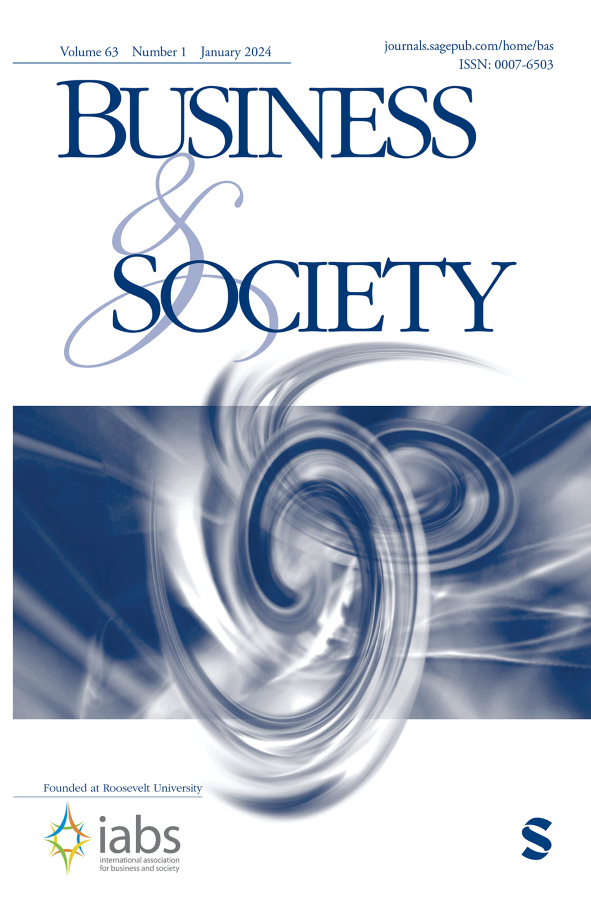家族嵌入的阴暗面:家族企业参与私营部门的腐败行为
IF 6
3区 管理学
Q1 BUSINESS
引用次数: 0
摘要
本研究分析了家族嵌入性如何影响在新兴国家经营的小型创业型家族企业负责人参与私营部门腐败的决策。以往的研究通常认为,家族企业的负责人选择参与腐败是为了获得直接的经济利益。我们对这一假设提出质疑,并认为家族会影响小型创业型家族企业所有者参与私营部门腐败的决策,其驱动力既包括追求短期经济利益(利润最大化),也包括追求长期非经济目标,包括为家族单位获得上层社会地位(即使这会减少经济收益)。我们进一步发现,在新兴市场背景下,小型创业型家族企业的负责人可将可信赖的中间人视为家族成员,并可影响他们参与非法活动。我们还认为,小型创业型家族企业的负责人会通过离间和诬陷的手段来管理参与私营部门腐败的行为。本文章由计算机程序翻译,如有差异,请以英文原文为准。
The Dark Side of Family Embeddedness: Family Firms Engagement in Private-Sector Corruption
This research analyzes how family embeddedness affects the decision of owners in charge of small entrepreneurial family firms operating in an emerging country to participate in private-sector corruption. Prior research has typically assumed that those in charge of family firms choose to participate in corruption to receive an immediate economic benefit. We challenge this assumption and argue that family influences the decision of the owner of small entrepreneurial family firms to participate in private-sector corruption driven by the pursuit of both short-term economic (profit maximization) and long-term non-economic goals, including attaining upper social class status (even if this decreases economic gains) for the family unit. We further find that in the context of an emerging market, trusted intermediaries can be seen as family members by the owners in charge of small entrepreneurial family firms and can influence them to participate in illicit activities. We also contend that those in charge of small entrepreneurial family businesses manage participation in private-sector corruption by dissociating and framing means.
求助全文
通过发布文献求助,成功后即可免费获取论文全文。
去求助
来源期刊

Business & Society
BUSINESS-
CiteScore
14.80
自引率
11.40%
发文量
56
期刊介绍:
Business & Society publishes original research, book reviews, and dissertation abstracts relating to business ethics, business-government relations, corporate governance, corporate social performance, and environmental-management issues. Manuscripts relating to the field of business and society in general are also published. Submissions of theoretical/ conceptual work as well as empirical studies are encouraged. Business & Society is the first peer-reviewed scholarly publication devoted exclusively to the field of business and society, and it is the official journal of the International Association for Business and Society (I.A.B.S.), the only independent professional association dedicated to business and society teaching and research.
 求助内容:
求助内容: 应助结果提醒方式:
应助结果提醒方式:


